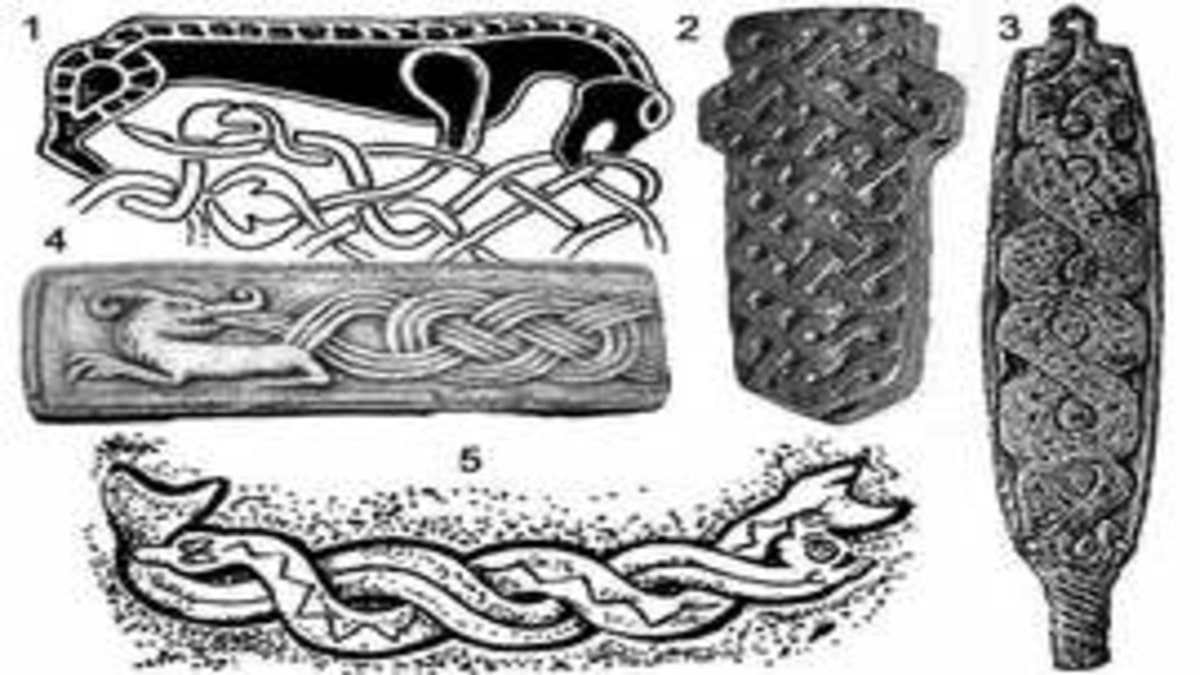 In 1919, Russian poet, publicist, translator, and public figure Sergei Gorodetsky published his article “Karabakh” in the “Caucasian Word” magazine. The remarkable thing about this article is its striking modernity and relevance.
In 1919, Russian poet, publicist, translator, and public figure Sergei Gorodetsky published his article “Karabakh” in the “Caucasian Word” magazine. The remarkable thing about this article is its striking modernity and relevance.
“Every country, every nation has its cherished strongholds. When the history of a people develops successfully, it becomes the center of cultural and political life.
When fate pursues a nation, that stronghold protects national life, serves as an island of hope and a pledge of rebirth. It is the last role that the mountainous region of Karabakh played and still plays for the Armenian people.
Nature itself has given great importance to it. There, in the impregnable heights of Karabakh which are a continuation of the Kars and Sevan highlands, for more than two thousand years, the Armenian people withstood the onslaught of nomadic tribes, preserving their culture and defending their national identity.
Being one ethnographically, economically, and in language, Karabakh became the citadel of Armenia, its eastern flank. It was like this in the past, it is now, and it will always be like that, for the heart of Armenia – the valley of Ararat – cannot be protected without Karabakh.
Over the course of history, invasion waves broke on the strongholds of Karabakh, seeping into it only along river valleys, but without lingering for long.
Repeatedly, the melikdoms of the principality of Syunik – as Karabakh was called in antiquity – drove the enemy away. History repeats itself, and for the last time, it happened before our eyes. Nature and history created a distinct type in Karabakh.
Scattered all over the world, Karabakh people can be easily recognized anywhere. Wide scope, selfless courage, propensity to take risks, self-confidence, peculiar stubbornness, rectilinear perseverance, patriarchy in family life – these are the nice features of the Karabakh people that concentrate in themselves ancient Armenian prowess tarnished from the cruelties of history. The tall, thick-haired people that gone to the mountains to save lives got stronger in the mountain air and protected themselves from infections that befell the inhabitants of the valleys.
The national memory of Armenia should remember quite a few big names of Karabakh people. There is no area in which they would not show their enterprise and talent. Politics, literature, social activities, trade – all those served as arenas of their activity.
One could cite many examples: therefore, without claiming to be complete, let us recall some outstanding Karabakh people whose names are well known to everyone. Public figures like Aram Pasha, Sako Sahakyan, military masters like General Lazarev, and industry people like Kostya Hambartsumyan.
Sons of Karabakh have also contributed to the Armenian literature: for example, historian Leo (Arakel Babakhanian), the publisher of Armenian “Vestnik” in Moscow. Finally, the majority of Armenian newspapers are edited in Karabakh.
Having given so many prominent men, Karabakh created, or rather, preserved in its pure form the type of the Armenian woman, in whose psychology and life many things have survived from the era of patriarchy.
Bound by its culture and way of life, Karabakh has never shamed its ancient glory. Gathering their squads, as in the times of Tamerlane, the meliks defended the independence of Karabakh. The Shusha episode did not change the overall picture of Nuri-Pasha’s defeat, and the line of defense essentially remained inviolable, as in the times of the previous invasions.
This is the meaning of Karabakh for Armenia. Undoubtedly, had Armenia lost it, the idea of self-determination of nations would have suffered severe infringement. Conversely, possessing Karabakh, Armenia will receive a rich inflow of vigorous cultural power, which, rushing to the devastated spaces of Armenia, will fertilize them with culture and thereby complete the glorious centuries-old history of Karabakh.
Every nation is now looking for its own thing. The whole future of revived nations depends on whether they find in themselves a sufficient amount of, so to speak, the yeast of their national culture.
Under such conditions, all centers that for one reason or another concentrate cultural life acquire exceptional importance. The same is the meaning of Karabakh for Armenia.
True, history has drawn Armenia to the south, to the warm sea. Perhaps, the forces pouring into Armenia from the south turn Karabakh into the outskirts of the new Armenia. But even in this case, it wouldn’t lose its value of an inviolable and time-tested cultural foundation.”
Sergey Gorodetsky, “Caucasian Word”, 23. III. 1919 Publication Vestn. Societies, Academy of Sciences of ArmSSR. – 1988.- № 5. S. -73-75




